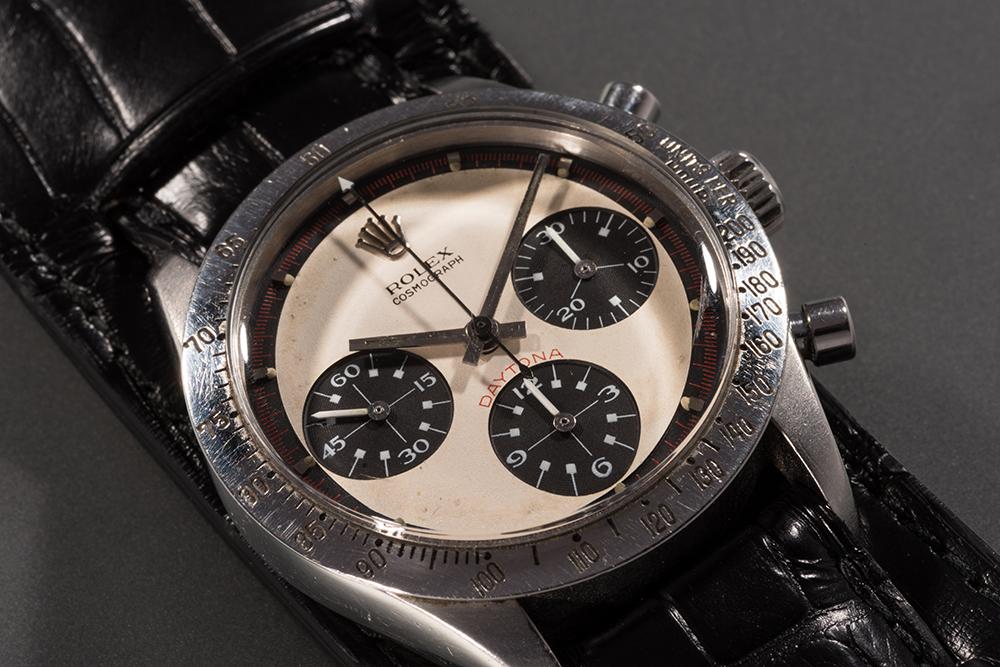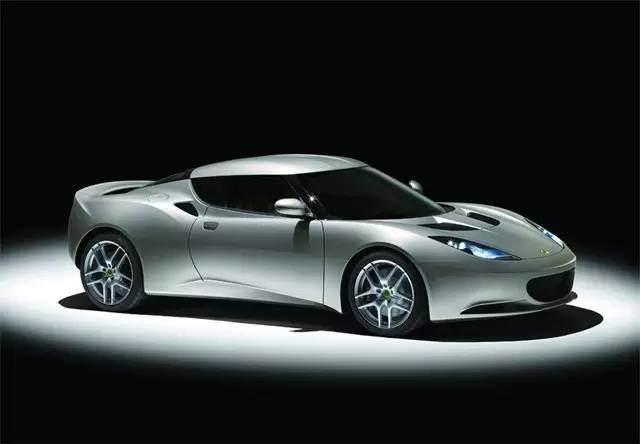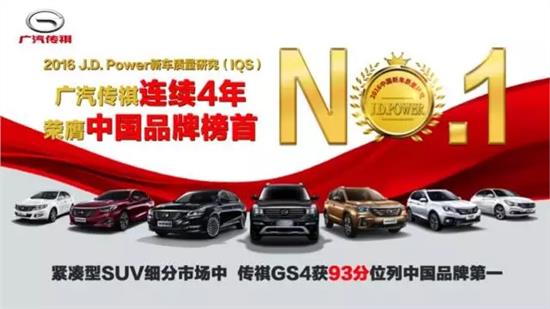Title: The Evolution of Automotive Brands with the S Prefix: A Brief Overview
Title: The Evolution of Automotive Brands with the S Prefix: A Brief Overview | AI TechnologyThe automotive industry has witnessed numerous transformations in recent years, and one significant aspect is the evolution of car brands with the S prefix. These brands have gained popularity due to their unique features, innovative designs, and advanced technology. In this article, we will take a brief overview of some of the most prominent S-branded cars and explore their significance in the automotive industry.S-prefix brands such as Mercedes-Benz, Audi, and Skoda have been around for decades and have established themselves as leaders in the luxury car market. They offer premium vehicles that are known for their comfort, performance, and reliability. These brands continue to innovate and push the boundaries of what is possible within the automotive industry.One notable example of an S-brand car is the Mercedes-AMG GT, a high-performance sports car that combines luxury and agility. This vehicle has won numerous awards for its exceptional handling and acceleration, making it a popular choice among enthusiasts and professionals alike.Another example is the Skoda Octavia, which has become synonymous with quality and affordability. With a range of models to suit different needs and budgets, Skoda has built a strong reputation for producing reliable and stylish vehicles.As the automotive industry continues to evolve, we can expect to see more S-branded cars entering the market. Whether it's through increased innovation or expanding into new segments, these brands will undoubtedly remain a force to be reckoned with in the world of automobiles.
The automotive industry has been constantly evolving, and with it, the naming conventions of car brands. One trend that has emerged in recent years is the use of "S" at the end of car brand names. This trend has sparked curiosity among car enthusiasts and buyers alike, leading them to question the reasons behind this change. In this article, we will delve into the evolution of automotive brands with the "S" prefix, exploring its significance and impact on the industry.
The Origins of Automotive Brands with "S"
Before we dive into the current state of automotive brands with "S" at the end, let's take a look at some of the earliest examples of car brands with an "S" suffix. One of the most well-known examples is Saturn, which was founded by Robert W.�士顿 in 1986. Saturn quickly established itself as a popular brand among budget-conscious consumers, offering affordable vehicles with good features and performance. However, in 2009, Saturn filed for bankruptcy and went out of business, leaving behind a legacy of loyal customers and a lasting impression on the automotive industry.

Another example of a car brand with "S" at the end is Scion, which was created by Toyota as a sub-brand in 2003. Scion was designed to appeal to younger, more fashion-conscious consumers who wanted stylish and sporty vehicles at an affordable price. While Scion enjoyed success in its early years, its sales have declined over time as Toyota has focused on other areas of its business. Today, Scion is still around, but it operates under a different name (Toyota RAV4) and has shifted its focus to hybrid and electric vehicles.
The Rise of Automotive Brands with "S"
In recent years, we have seen a growing number of car brands with "S" at the end. Some of the most notable examples include Saab, Subaru, Smartcar, Spyker, and Suzuki. These brands have all undergone significant changes in terms of their ownership and marketing strategies, often resulting in new product offerings and refreshed branding efforts. Let's take a closer look at some of these brands and explore how they have evolved over time.
Saab was founded in Sweden in 1945 and produced cars under several different brands throughout its history, including Opel-Vauxhall and General Motors. In 2009, the Swedish government purchased a majority stake in Saab Automobile AB and tasked it with producing new cars under the Saab name. In 2011, the company was sold to Spyker Cars N.V., a Dutch automotive group. Despite initial success with its new models, Spyker struggled to gain traction in the competitive European market and eventually closed its Saab plant in 2017.
Subaru was founded in Japan in 1953 as a joint venture between Fuji Heavy Industries and Isuzu Motor. The company gained popularity for its reliable and durable trucks and SUVs, but it wasn't until the 1990s that Subaru began to expand its line-up to include sedans and crossovers. In 2007, Toyota acquired a majority stake in Subaru, giving the Japanese automaker access to its renowned All-Wheel Drive technology. Today, Subaru is part of Toyota's global network of brands and continues to build upon its reputation for quality and innovation.

Smartcar was founded in Germany in 1998 as a subsidiary of Daimler AG (now part of DaimlerChrysler). The company was originally focused on developing smart electric vehicles for urban environments, but it soon expanded its offerings to include traditional gasoline-powered cars as well. In 2015, Smart moved away from being a subsidiary of Daimler and became an independent brand under the German luxury car manufacturer Mercedes-Benz. Today, Smart continues to offer innovative and sustainable solutions for urban transportation.
Spyker was founded in Belgium in 1968 by Dutch industrialist Hans ten Haag. The company initially specialized in manufacturing sports cars for racing enthusiasts, but it also produced high-end commercial vehicles like buses and vans. In 2017, Spyker announced plans to relaunch its brand under Chinese ownership after struggling to compete against larger players in Europe. The company is currently undergoing restructuring and has yet to reveal details about its future operations or products.
Suzuki was founded in Japan in 1929 as Suntory Motor Co. Ltd. It was one of the first companies to introduce mass-market automobiles to Japan's rapidly growing middle class. Over time, Suzuki expanded its global presence through joint ventures and acquisitions, including ownership interests in Ford Motor Company and Mazda Motor Corporation. However, Suzuki has faced challenges related to competition from established players like Toyota and Honda
与本文知识相关的文章:



